

Ocean acidification
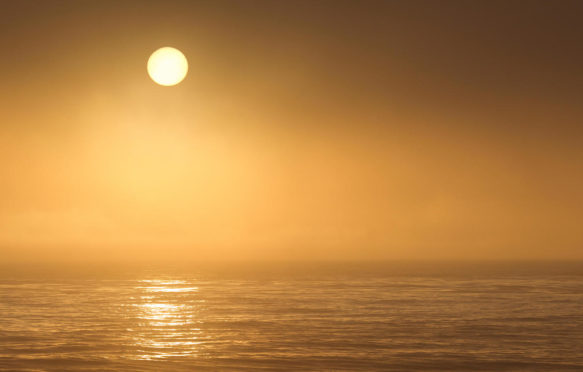
Climate change is profoundly altering our oceans and marine ecosystems. Some of these changes are happening quickly and are potentially irreversible.... Read More
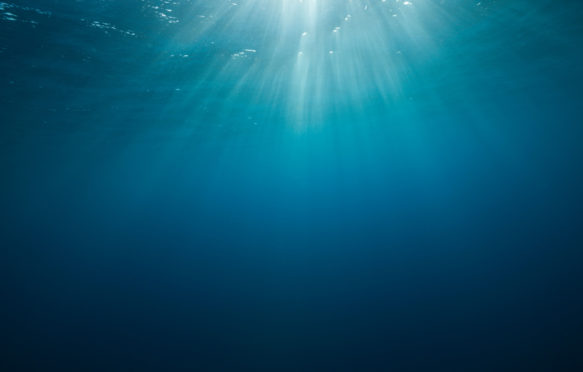
The oceans cover over 70% of the Earth's surface and play a crucial role in taking up CO2 from the atmosphere. Estimates suggest that around... Read More
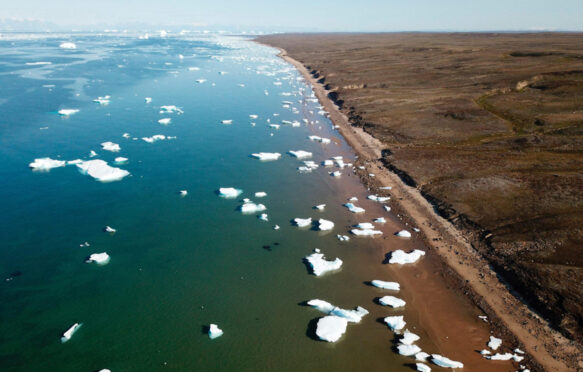
Earlier today in Monaco, the Intergovernmental Panel on Climate Change (IPCC) published its special report on the ocean and cryosphere in a changing c... Read More
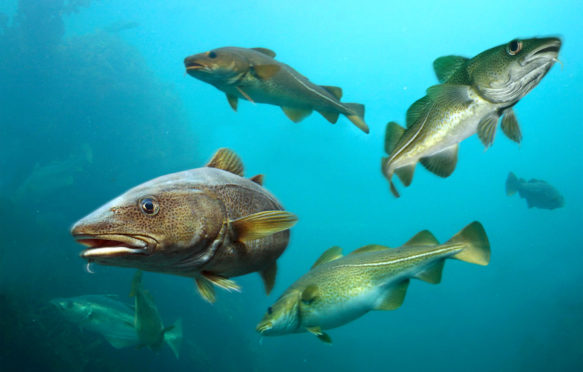
Warming of the world’s oceans has caused the total amount of fish that can be caught sustainably to fall by an average of 4% globally since the 1930... Read More

Prof Terry Hughes is the director of the Australian Research Council Centre of Excellence for Coral Reef Studies at James Cook University in Townsvill... Read More
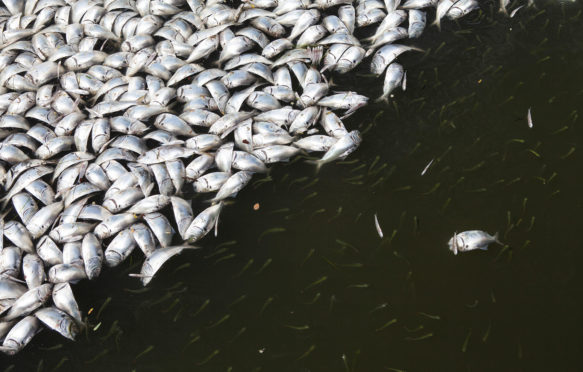
Rising levels of CO2 in the ocean could spark blooms of toxic algae capable of causing harm to marine life and human health, a new study suggests. ... Read More
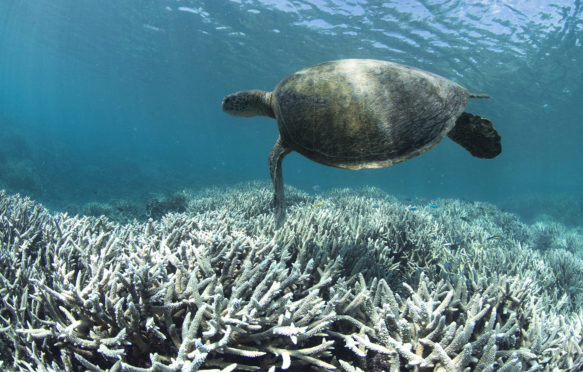
The record-breaking marine heatwave in 2016 across the Great Barrier Reef has left much of the coral ecosystem at an “unprecedented” risk of colla... Read More
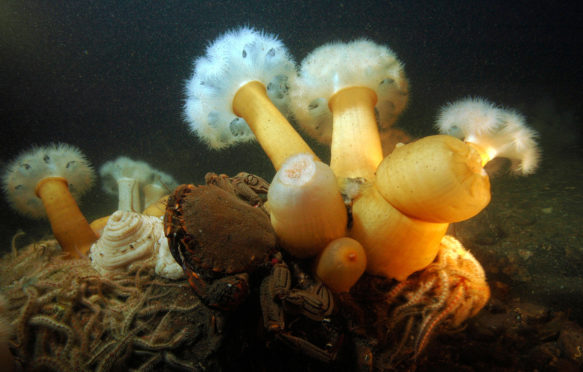
The world’s oceans could become “uninhabitable” for cold-water corals by the end of the century as a result of ocean acidification, research sug... Read More
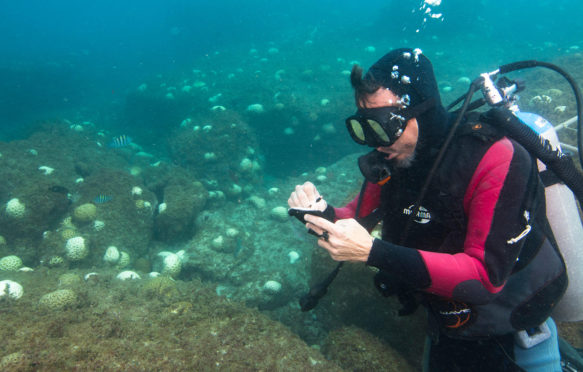
Mass coral reef bleaching events have become five times more common worldwide over the past 40 years, new research finds, with climate change playing ... Read More
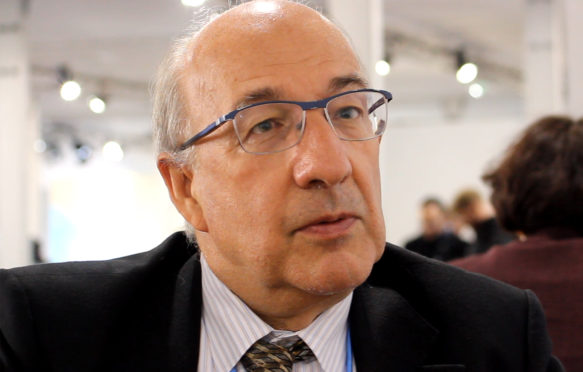
Dr Bill Hare is the co-founder and CEO of Climate Analytics, an international non-profit climate science and policy institute based in Germany. He is ... Read More
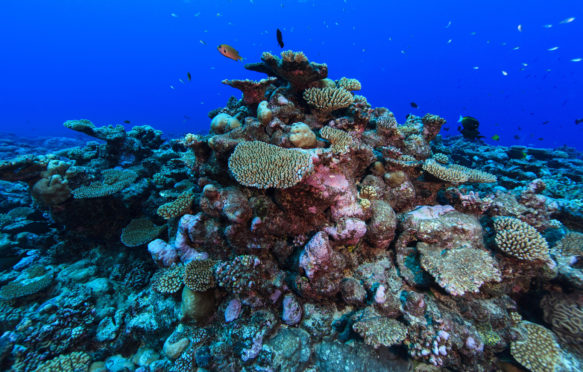
Some of the world’s most diverse coral reefs are found in cooler parts of the tropics. These corals may be able to adapt to rising temperatures if f... Read More